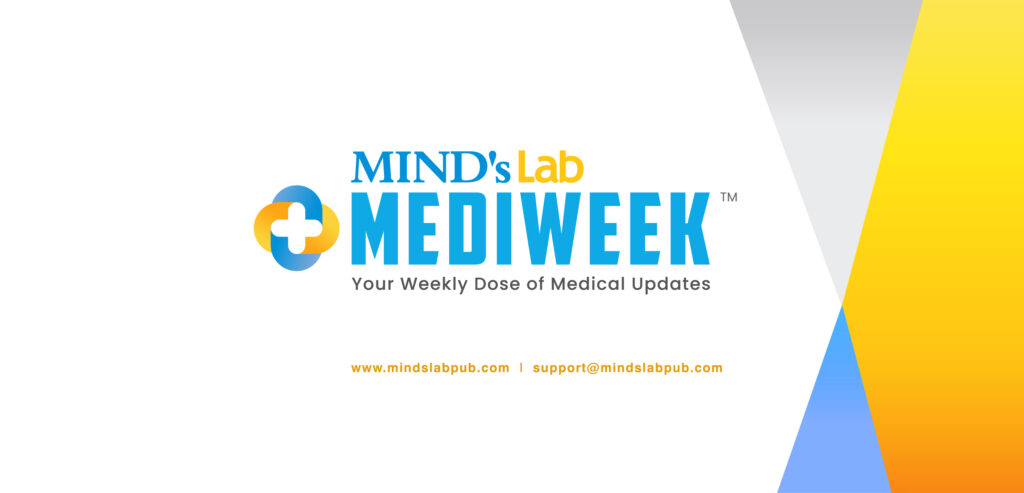Consumption of Black Cumin Daily Reduces Lipid Levels: A Study Showed How!
Adipogenesis is the differentiation of preadipocytes into mature adipocytes that plays a central role in the development of obesity and related complications. This process is regulated by transcription factors such as peroxisome proliferator-activated receptor gamma (PPARγ) and CCAAT/enhancer-binding proteins (C/EBPs), which regulate adipogenesis and lipid accumulation. Nigella sativa (black cumin), traditionally used in Unani, Ayurveda, and […]
Consumption of Black Cumin Daily Reduces Lipid Levels: A Study Showed How! Read More »
